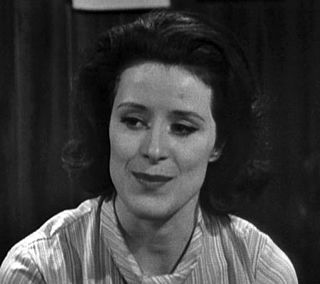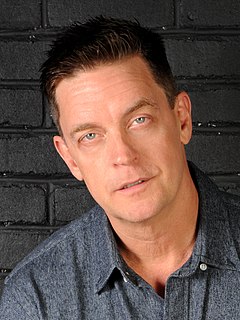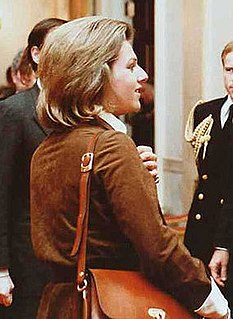A Quote by Judy Parfitt
That's the thing with dementia. If you're with somebody who has a serious illness, you can usually talk to them, have a laugh every now and then - the person is still with you. With dementia, there's no conversation; there's no togetherness, no sharing.
Related Quotes
I had the experience of having my grandmother in a nursing home at the end of her life, and had dementia set in with my father. He was in a nursing home with dementia at the end of his life, but it happened for me personally 10 years ago. My father was much older than my mother, so I experienced it as a pretty young person. People's parents die at various ages, but my father died of mortality. He died of being an old person. Illness and stuff happened, but essentially, he was old and he was going to die.
I've had five grandparents who have had Alzheimer's. I've been involved in raising money for two decades, so I thought, how could I combine my work with this commitment to helping dementia? One of the myths is that it's an older person's disease. We're seeing early onset dementia among people at 45. It's the disease of everybody.
My mother was wonderfully out about her dementia. She would sort of - she would say to me, I came out to the window cleaner about having dementia. You know, I love the way that verb for coming out of the closet has now become so socially useful for all sorts of situations, like when you need to explain to the window cleaner that you don't know if you paid him or not.



































